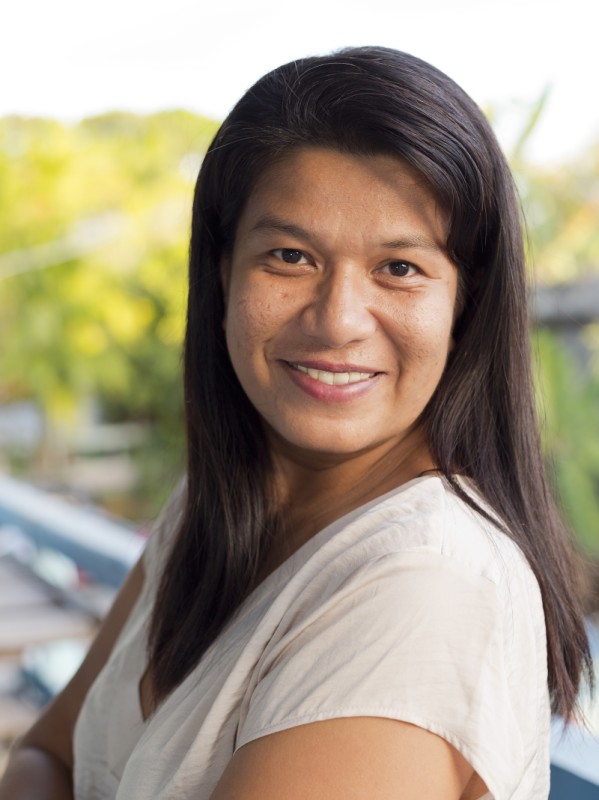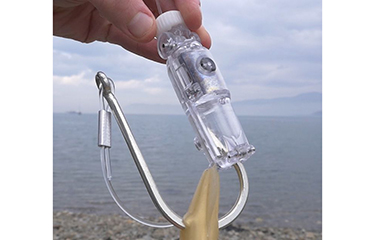New Zealand longline fishers have hailed the approval of the United Kingdom-designed Hookpod last week, a device designed to prevent sea bird bycatch.
The Hookpod is a device that has been tested to be effective in eliminating the bycatch of albatross and other sea birds, without having a negative effect on target species catch rate in the surface longline fishing industry. In a press release, Hookpod lauded New Zealand’s approval of the use of the device as an alternative to streamers, weights, and night-setting.
“This week, [the] Ministry of Primary Industries approved Hookpod as a stand-alone alternative,” the release said.
The Hookpod works by covering the point and barb of the hook during line setting. The hook will only be released at a depth of 20 meters by means of a patented pressure-release system. Releasing the hook in deeper water keeps it out of diving depth for albatross and other seabirds, saving them from potential bycatch deaths.
The Hookpod has been the result of various trials in collaboration with fishermen and the Albatross Task Force of the Royal Society for the Protection of Birds, working on behalf of BirdLife International.
According to a research paper regarding the trials, 59,130 experimental branchlines over 129 sets recorded just a single seabird mortality on the Hookpod branchlines, compared to 24 on the control branchlines; translating to a bycatch rate of 0.04 birds per 1,000 hooks for Hookpod compared to 0.8 birds per 1,000 hooks for the control.
Hookpod CEO Becky Ingham said the approval follows WCPFC’s move in 2018 to adopt the measure.
“The last year has been hugely important for us. Firstly, we gained approval from the WCPFC, which in turn generated a spike in enquiries from around the world,” Ingham said. “Sir David Attenborough gave his support saying that ‘(Hookpods) are effective, easy to use, safe and economic for fishermen. If every pelagic longline fishing fleet used Hookpods, I believe we can stop the accidental death of these magnificent ocean wanderers.’”
Ingham said work will continue, and Hookpod is collaborating with a major retailer to help provide sustainably sourced tuna with substantially reduced bycatch.
“We have new orders coming in and now we have the New Zealand approval to cap a fantastic 12 months,” she added.
According to WWF, bycatch in tuna longline fisheries in the Western and Central Pacific Ocean (WCPO) is one of the greatest threats to seabirds, particularly albatross and petrels, estimating that 13,000 to 19,000 seabirds continue to be caught annually despite conservation and management measures for seabirds in place since 2006.
Heather Ward, head of the New Zealand delegation to WCPFC16, told SeafoodSource at the conference that the protection of seabirds is a priority for her country.
“New Zealand has the highest global diversity of albatross and petrel species in the world, with several species assessed as being at high or very high risk from commercial fisheries bycatch,” Ward said. “This is why the protection of seabirds is of great importance to New Zealand.”
Photo courtesy of Hookpod Ltd.







